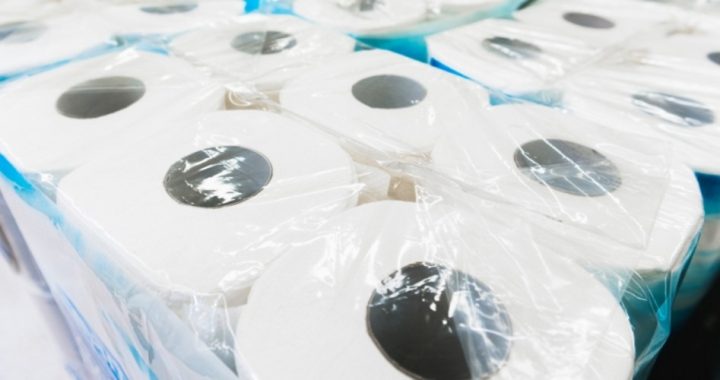
Podcast: Play in new window | Download ()
Subscribe: Android | RSS | More
Oklahoma may be a strongly “red” state, a state in which no Democrat has carried an Oklahoma county in a presidential election in 20 years, but its laws often reflect the demagoguery against free markets that is prevalent in most other states, whether it has Democrat or Republican majorities.
Late last week, Attorney General Mike Hunter, a Republican, announced that the state’s “price-gouging” statute is in effect, now that President Donald Trump has declared a national emergency based on the national concern over the coronavirus. The Oklahoma statute prohibits “an increase of more than 10 percent for the price of goods or services after a declared emergency.”
Hunter, of course, did not make the law — the Oklahoma Legislature enacted it several years ago after one of the state’s periodic devastating tornadoes. As such, it is Hunter’s job to enforce the law. At the same time, if he understood and believed in the power and morality of the free market, Hunter could use the opportunity to say, “As attorney general, I have to enforce this law, but we would be better off to leave the free market to work its magic.”
But instead, Hunter spoke as though free enterprise was a bad deal. “Scam artists routinely prey on individuals’ emotions during times of fear and crisis. I encourage Oklahomans to remain calm but cautious during the ongoing Coronavirus pandemic. Don’t pay inflated prices for things like hand sanitizer, paper towels or other products and services that are becoming sparse.”
Then, Hunter unsheathed the sword of potential government retribution: “If anyone encounters price gouging, fraudulent charities or other crimes related to deceptive business practices, contact my office where we will not hesitate to prosecute in order to shut these operations down to protect our citizens.”
So, free-market pricing is a “crime” in Oklahoma? In America? A crime that needs to be prosecuted, in order to “protect our citizens?”
If Hunter really wanted to protect the citizens of Oklahoma, he would advocate that price controls be lifted. Prices are the language of the marketplace. They communicate to sellers and buyers alike that a new normal has arrived. In the case of the coronavirus, there is an increase in demand for hand sanitizer, surgical masks, and toilet paper. This means that the price should rise. When the price is not allowed to rise, by popular but ill-advised laws, an acute shortage is quickly transformed into a chronic shortage.
Price controls are a lie, whether it is controlling the price below the market price, or above the market price. If sellers are told to sell below the market price, they will produce less of the product, and may even exit the market completely. In the case of hand sanitizer and toilet paper, buyers are demanding more at a price lower than the true market price. It should not take a genius to predict that this causes a shortage.
Some argue for rationing, as is done in socialist countries such as Venezuela. Rationing produces anger from those who get less than they want, but it does not produce any more goods and services. Historical examples abound. During the Civil War, the Confederate government imposed price controls on fruits and vegetables being brought into Richmond, Virginia, from nearby farmers. The predictable result was that the farmers simply quit bringing in any fruits and vegetables.
The solution, whether in Civil War-era Virginia or in America during the coronavirus pandemic is to allow the price to rise to its natural market level. When this happens, more suppliers will enter the market, increasing the supply of the good or service.
As The New American noted recently, “The BBC has reported that Japanese electronics giant Sharp is to use a TV factory to make surgical masks amid the coronavirus outbreak.” By switching production from LCD panels to mask production, it is expected that they will be turning out as many as 500,000 masks per day.
Syndicated columnist Veronique de Rugy explained what happens if the free enterprise system is allowed to operate, unhindered by well-meaning or demagogic governments. “The fact is there’s no better means of slowing the rising demand — and especially, reducing excessive hoarding — than allowing the very price hikes that governments are trying to prevent.”
Yet, government officials pat themselves on the back when they prevent price hikes. They can tell the public that they have saved them from a price increase from so-called price gougers. Of course, you might not have any hand sanitizer or toilet paper, either.
That is their idea of “protecting the public.”
Image: Praneat via iStock / Getty Images Plus
Steve Byas is a university instructor in history and government and is the author of History’s Greatest Libels. He may be contacted at [email protected].



